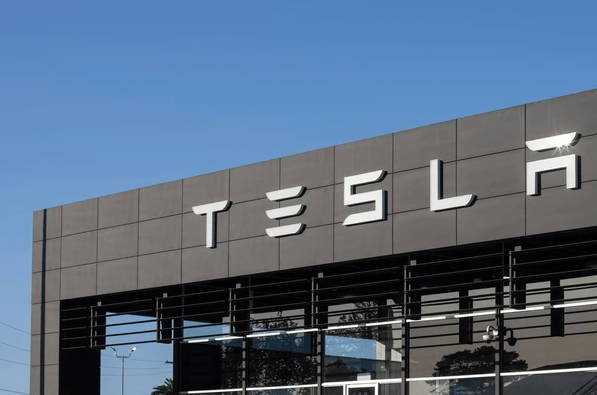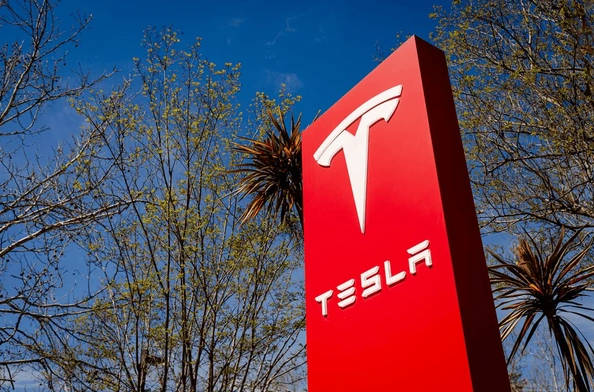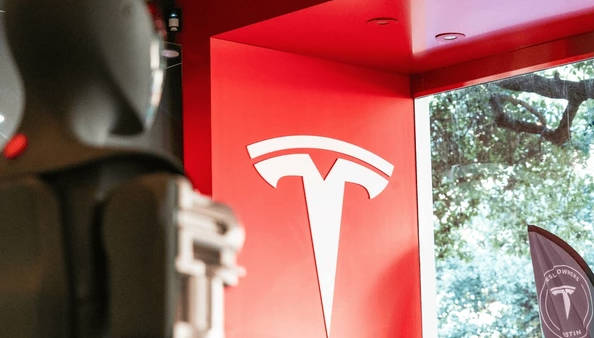Important Information
This website is managed by Ultima Markets’ international entities, and it’s important to emphasise that they are not subject to regulation by the FCA in the UK. Therefore, you must understand that you will not have the FCA’s protection when investing through this website – for example:
- You will not be guaranteed Negative Balance Protection
- You will not be protected by FCA’s leverage restrictions
- You will not have the right to settle disputes via the Financial Ombudsman Service (FOS)
- You will not be protected by Financial Services Compensation Scheme (FSCS)
- Any monies deposited will not be afforded the protection required under the FCA Client Assets Sourcebook. The level of protection for your funds will be determined by the regulations of the relevant local regulator.
Note: UK clients are kindly invited to visit https://www.ultima-markets.co.uk/. Ultima Markets UK expects to begin onboarding UK clients in accordance with FCA regulatory requirements in 2026.
If you would like to proceed and visit this website, you acknowledge and confirm the following:
- 1.The website is owned by Ultima Markets’ international entities and not by Ultima Markets UK Ltd, which is regulated by the FCA.
- 2.Ultima Markets Limited, or any of the Ultima Markets international entities, are neither based in the UK nor licensed by the FCA.
- 3.You are accessing the website at your own initiative and have not been solicited by Ultima Markets Limited in any way.
- 4.Investing through this website does not grant you the protections provided by the FCA.
- 5.Should you choose to invest through this website or with any of the international Ultima Markets entities, you will be subject to the rules and regulations of the relevant international regulatory authorities, not the FCA.
Ultima Markets wants to make it clear that we are duly licensed and authorised to offer the services and financial derivative products listed on our website. Individuals accessing this website and registering a trading account do so entirely of their own volition and without prior solicitation.
By confirming your decision to proceed with entering the website, you hereby affirm that this decision was solely initiated by you, and no solicitation has been made by any Ultima Markets entity.
I confirm my intention to proceed and enter this website Please direct me to the website operated by Ultima Markets , regulated by the FCA in the United Kingdom
Ultima Markets App
Trade Anytime, Anywhere
TSLA Tesla Stock Split History and Outlook

Tesla (NASDAQ: TSLA) is one of the world’s most closely watched companies, not just for its electric vehicles and energy innovations but also for its stock market milestones. Among those milestones are its stock splits, the corporate actions that reshaped how investors could access Tesla shares.
Since 2020, Tesla has split its stock twice, each time making it more affordable for retail investors and improving trading liquidity. Today, with Tesla’s share price climbing again, speculation about a future split is back in focus.
What Is a Stock Split?
A stock split is a corporate action where a company increases its outstanding shares while lowering the price per share proportionally. If you owned one share at $900 and the company carried out a 3-for-1 split, you would hold three shares at $300 each. Your total investment value doesn’t change, but the stock becomes more affordable and often more liquid in trading.
Companies typically split their stock when prices rise significantly, making it harder for smaller investors to buy whole shares. Splits don’t change the fundamentals, but they can broaden accessibility and boost sentiment.
The Tesla Stock Split Timeline
Tesla has split its stock twice, both in the form of stock dividends:
2020: 5-for-1 split
- Announcement: Aug 11, 2020
- Record date: Aug 21, 2020
- Distribution date: Aug 28, 2020 (after market close)
- First split-adjusted trading: Aug 31, 2020
Tesla’s share price dropped from over $2,200 to around $440 on a split-adjusted basis, instantly making shares more accessible. Shortly afterward, Tesla capitalised on strong demand with a $5 billion stock offering.
2022: 3-for-1 split
- Approval and announcement: Aug 5, 2022
- Record date: Aug 17, 2022
- Distribution date: Aug 24, 2022 (after market close)
- First split-adjusted trading: Aug 25, 2022
This split cut Tesla’s share price from around $900 to roughly $300, once again widening access for retail investors.

Cumulative effect: One share bought before August 2020 has now turned into 15 shares (5 shares after the 2020 split, multiplied by 3 after the 2022 split).
What It Means for Investors
For existing shareholders, Tesla’s stock splits didn’t change the company’s value or your total investment. Instead, they reshaped the structure of your holdings. For example, if you spent $2,000 on one Tesla share before the 2020 split, you now hold 15 shares worth the same $2,000, with a per-share cost basis of about $133.
Options contracts were automatically adjusted by exchanges, so investors didn’t need to take any action. The only tax-related wrinkle comes from fractional shares. If you ended up with a partial share, brokers typically pay out “cash in lieu,” which can be taxable depending on where you live.
Why Did Tesla Stock Split
Tesla explained both splits as a way to make ownership more accessible to employees and investors. With Tesla’s rapid price appreciation in the years leading up to each split, lowering the price per share ensured that retail investors could still participate.
The splits also improved liquidity by increasing the number of shares available for trading. At the same time, they sent a strong signal of confidence in Tesla’s long-term growth story.
Sentiment and Momentum After Splits
The Tesla stock split didn’t just alter share counts, they amplified momentum. Technical traders often flock to Tesla after splits, with moving average crossovers and breakout patterns driving short-term rallies.
At the same time, Tesla is widely seen as more than a car company. For many investors, buying TSLA means betting on Elon Musk’s broader vision, from autonomous robotaxis to humanoid robots and AI.

Recent developments keep that enthusiasm alive. Tesla has demonstrated around 20 autonomous “Cybercabs,” reported a 1000× improvement in Full Self-Driving miles without human intervention, and continues to advance with its next-generation A5 chip, expected to be 40 times faster than current versions. Elon Musk himself has added to the momentum by purchasing nearly $1 billion worth of Tesla stock at an average of about $389 per share, which investors often view as a show of insider confidence.
Will Tesla Split Again?
As of early 2025, Tesla has not confirmed another stock split. However, with shares trading above $400, a level that triggered splits in the past, speculation persists.
Tesla also remains a favourite among institutional investors, with 99 hedge funds holding positions as of late 2024. Its popularity, combined with steady price gains, keeps the possibility of another split alive.
Goldman Sachs recently noted that while Tesla’s robotaxi service could start generating revenue by 2027, the initial earnings impact will be modest. Still, with a broader robotaxi launch expected in mid-2025, plus ongoing advances in AI and energy storage, optimism around Tesla’s growth trajectory continues. For many investors, that makes a future Tesla stock split less question of “if” and more of “when”.
Quick Math for Long-Term Holders
- Before Aug 31, 2020: 1 share
- After 2020 5-for-1 split: 5 shares
- After 2022 3-for-1 split: 15 shares total
For investors, this means your total basis remains unchanged, but the per-share basis is spread across 15 shares.
Conclusion
The Tesla stock split history is short but impactful: a 5-for-1 split in 2020 followed by a 3-for-1 split in 2022. Together, they turned one pre-2020 share into 15 shares today.
While splits don’t change fundamentals, they reshape accessibility and often spark new waves of enthusiasm. With Tesla’s price climbing again and new technologies like robotaxis on the horizon, speculation about another split is only growing louder.
For now, investors should view splits for what they are; which are structural changes that make shares easier to buy, while keeping their eyes on the company’s actual performance in EVs, AI, and energy.
Disclaimer: This content is provided for informational purposes only and does not constitute, and should not be construed as, financial, investment, or other professional advice. No statement or opinion contained here in should be considered a recommendation by Ultima Markets or the author regarding any specific investment product, strategy, or transaction. Readers are advised not to rely solely on this material when making investment decisions and should seek independent advice where appropriate.












